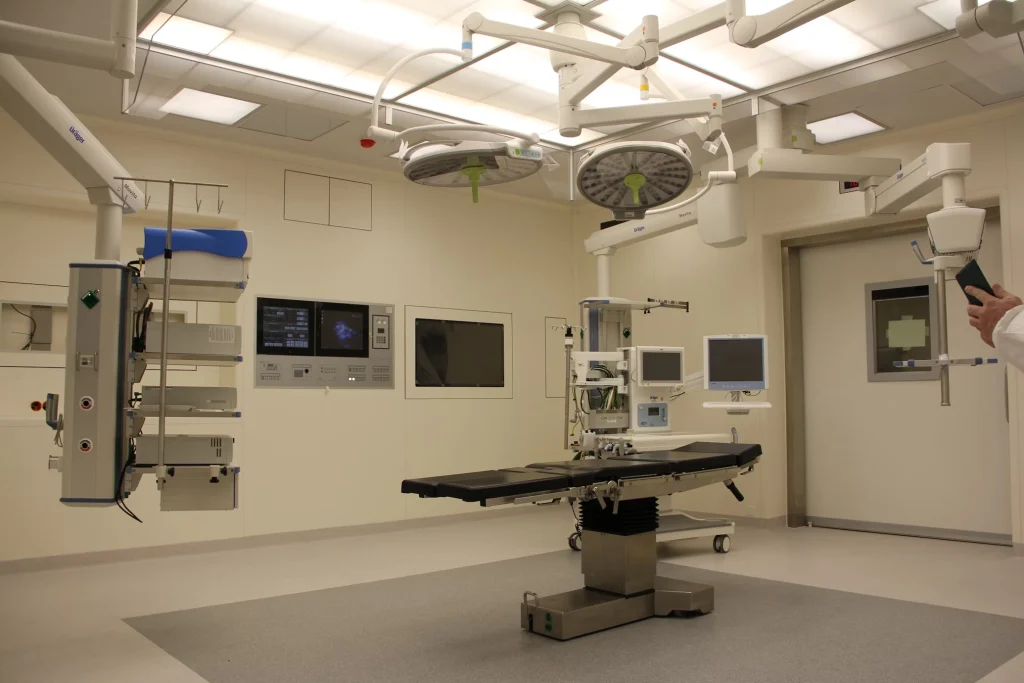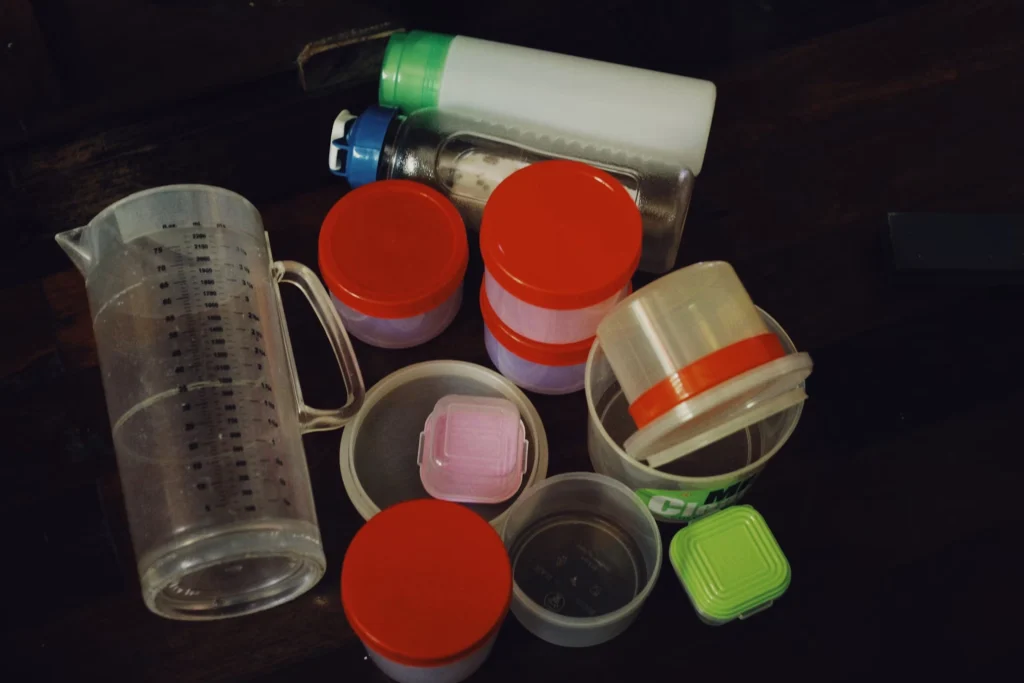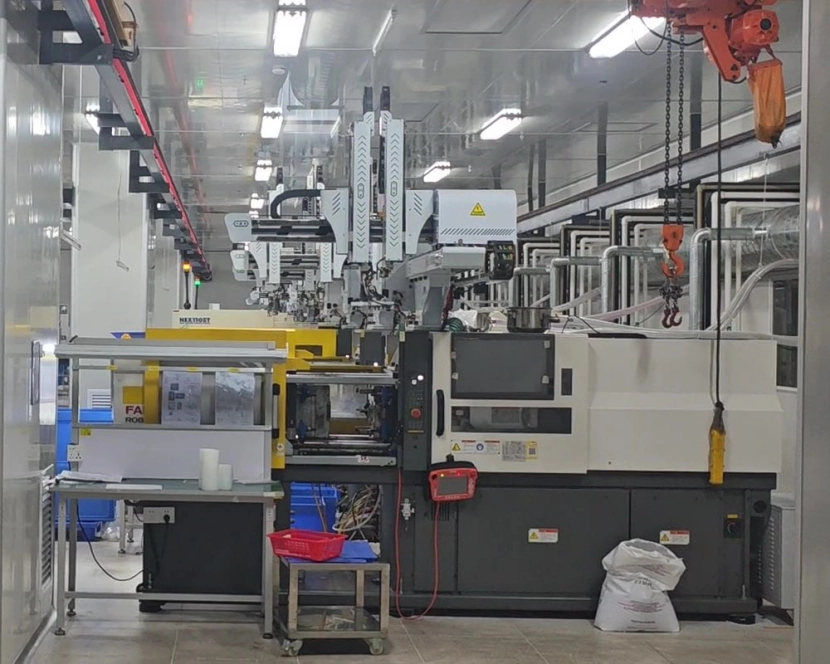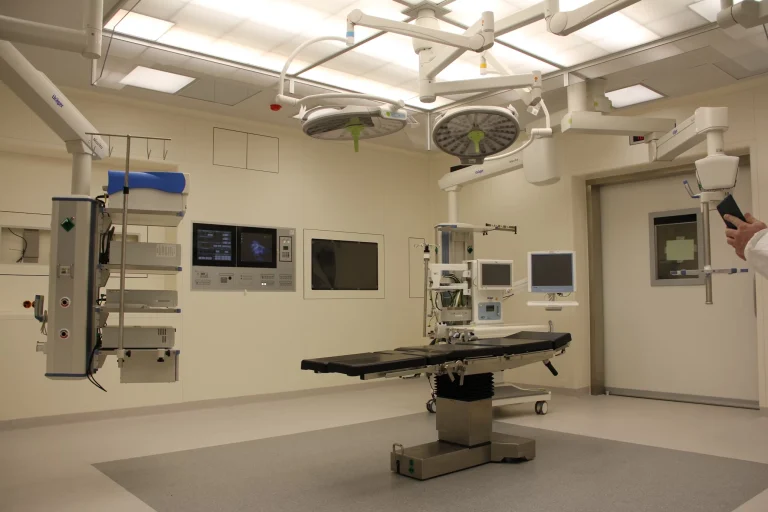Plastic injection molding plays an important role in the medical device industry today. It creates high-quality, detailed parts that meet strict healthcare rules. Known for its accuracy and ability to make many parts, this method meets the growing need for safe and reliable medical devices. This article looks at the benefits of plastic injection molding in the medical field. It explains how it works. It also lists the key medical injection molding requirements to ensure quality and safety in medical settings.
Understanding Plastic Injection Molding in Medical Devices
What is Plastic Injection Molding?
Plastic injection molding is a process. Melted plastic is injected into a mold. The plastic cools and hardens. It forms the final shape. This process repeats thousands of times with great accuracy. In the medical field, it makes parts with detailed shapes. It ensures steady quality. Plastic injection molding for medical devices is very efficient. It produces many parts fast. This makes it ideal for healthcare uses.
Importance in the Medical Device Industry
The medical device industry has strict safety and performance rules. Devices must work precisely to avoid harm. Plastic injection molding medical devices must follow tight guidelines. This ensures each part meets high standards. The process is great for making tools like surgical instruments, test kit parts, and small equipment cases. Injection molding of diagnostic and medical devices is common. It needs detailed and clean designs. So, medical device plastic injection molding grows in importance in hospitals and labs.
Advantages of Plastic Injection Molding for Medical Devices

Precision and Consistency
Medical tools and parts often have tiny features. These must be exact. Plastic injection molding makes these details over and over without errors. Precision plastic molding for medical devices ensures every part fits right. It works reliably. This accuracy is vital for life-saving equipment. Medical device plastic components injection moulding must be error-free. This avoids risks during medical procedures. Even a small mistake can cause equipment failure. Steady quality is very important.
Cost-Effectiveness and Scalability
After the mold is made, plastic injection molding is very cost-efficient. The same mold can make thousands or millions of identical parts. This saves money and time. It’s key in a market where devices must be affordable and available. Plastic injection molding for the medical device market helps makers meet rising demand. It keeps costs low. This method also supports fast production. This is helpful in emergencies or during high demand, like a pandemic.
Material Versatility
Many plastics can be used in injection molding. These include medical-grade types. Materials are chosen for strength, safety, and body compatibility. For example, polycarbonate is used for clear, strong parts. These are needed in diagnostic devices. Polypropylene is common for disposable items like syringes. It’s light and chemical-resistant. PEEK is used in implants. It’s strong and biocompatible. Biocompatible plastic injection molding ensures materials won’t harm the body.
Compliance with Medical Standards
Medical device plastic injection moulding must follow global standards. These include ISO 13485 for quality control in device production. ISO 10993 focuses on material biological safety. Cleanroom production must meet ISO 14644. This keeps parts free from dust and germs. Following these standards is a must for plastic injection molded medical devices. These rules ensure products are safe for hospital or patient use.
Enhanced Durability and Sterilization Compatibility
Medical tools face tough conditions. Some are reused and need sterilization. Plastic injection molding medical device production uses plastics that survive high heat or chemical cleaning. These parts don’t crack or lose shape. This keeps them safe and usable. Injection molding medical industry products resist wear. They maintain function over time. Injection molded diagnostic equipment must stay strong. It needs to handle repeated use and cleaning.
Applications in the Medical Field
Diagnostic Equipment
Many lab and testing center parts use injection molding. Plastic injection molding of diagnostic and medical devices makes scanner housings and test kit parts. Precision injection molding for diagnostic and medical products ensures accurate results. The process makes small features easy. These include snap-fit lids or clear windows. They improve device usability. Plastic injection molding for medical devices in diagnostics is growing. Labs want faster, cheaper ways to test patients.
Surgical Instruments
Surgeons need tools that are strong, clean, and easy to hold. Plastic injection molding makes parts like instrument handles. It also makes housing for surgical electrical devices. These parts fit hands well. They make surgeries safer and more comfortable for staff. Medical device injection molding companies ensure each piece meets operating room standards. Some tools are single-use. Others are sterilized for reuse. Materials must be strong and cleanable.
Drug Delivery Systems

Plastic injection molding makes items for delivering medicine. These include inhalers, insulin pens, and IV parts. These products must release the right amount of medicine every time. Precision is key. Injection molding is the best choice. Medical device plastic injection moulding supports small, easy-to-use tools. They help patients manage care. As technology improves, drug delivery devices get more advanced. Injection molding supports these changes.
Implantable Devices
Some plastics in injection molding are strong enough for the body. These include parts for spinal, dental, and orthopedic implants. The process must follow all medical injection molding requirements. Only certain materials, like PEEK, are safe for long-term body use. Injection molding for medical validation ensures parts are tested and approved. Plastic injection molding for the medical device industry produces these parts with great accuracy and quality.
Meeting Medical Injection Molding Requirements
Biocompatibility
All plastics in medical device plastic injection molding must be safe for the body. Biocompatible plastic injection molding means the material won’t cause allergies or harm tissue. These properties are tested strictly. They meet the ISO 10993 standard. Using the wrong material could cause health risks. Testing is vital for every project.
Cleanroom Manufacturing
Many medical products are made in cleanrooms. These are spaces with very low dust and bacteria. Plastic injection molding for medical devices often happens here. It reduces contamination risks. Cleanroom production follows ISO 14644 rules. This keeps the environment controlled and clean. It ensures devices are safe for patients, especially for skin contact or body use.
Traceability and Quality Control
Each medical part must be traceable from start to delivery. This helps recall items if there’s a problem. Medical device injection molding companies use labels and tracking systems. They follow each item. Medical device plastic components injection moulding includes quality checks during production. This catches mistakes early. It ensures only the best parts reach the market.
Silkbridge’s Comprehensive Plastic Injection Molding Services

Silkbridge provides full plastic injection molding services for healthcare. The company helps clients design and prototype products. They use advanced tools and expert knowledge. They assist with picking the right plastic materials. These include biocompatible ones. They manufacture parts in ISO-certified cleanrooms. They perform quality checks. This ensures all parts meet global medical standards.
Silkbridge blends British design with cost-effective Chinese production. With experience in medical device plastic injection molding, they support startups and big brands. They help improve or launch new products. They offer everything needed to bring a medical device idea to life. This covers early planning to final delivery.
Conclusion
Plastic injection molding is vital in the medical device industry. It allows fast and precise production. It makes safe, high-quality products that meet strict standards. As healthcare needs grow, this method remains a top solution. It creates reliable medical tools and devices. From diagnostic machines to implants, injection molding supports new ideas in the medical world.
For companies needing reliable and efficient solutions in plastic injection molding for the medical device market, Silkbridge is ready to help. Reach out today. Learn about their full-service offerings. See how they can support your next project.
- WhatsApp: +86 18122838771
- Phone: +86 18122838771
- Email:contact@silkbridgeltd.com



